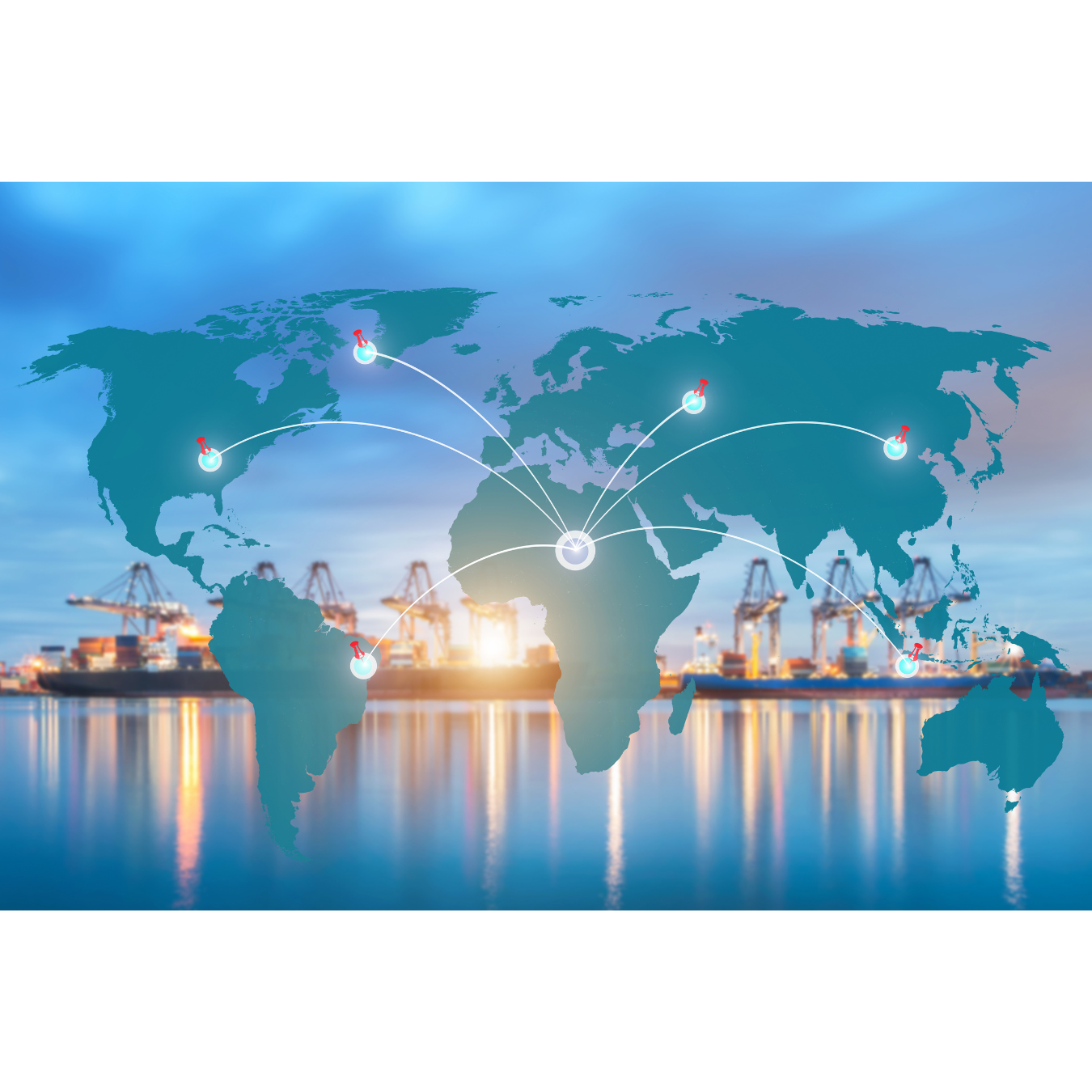Alloy Welded Steel Pipes Suppliers – Amardeep Steel Centre
Alloy steel pipes play a crucial role in various industries due to their exceptional strength, durability, and resistance to corrosion. At Amardeep Steel Centre, we offer a comprehensive range of AS pipes to meet the diverse needs of our customers. In this guide, we’ll explore the different types of steel alloy pipes, like alloy steel welded pipes and alloy steel seamless pipes their advantages and disadvantages, the importance of quality control in production, sizing charts, and why choosing a reliable stockist like Amardeep Steel Centre is essential.
Understanding Alloy Steel Welded Pipes :
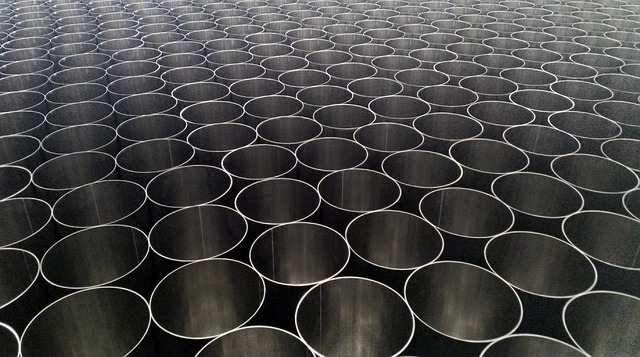
Advantages and Disadvantages of ERW, EFW, Spiral Welded, SAW Alloy Steel Pipes and Tubes:
- ERW (Electric Resistance Welded) Pipes and Tubes: Advantages include high dimensional accuracy and cost-effectiveness. However, they may have weaker weld joints compared to other types.
- EFW (Electric Fusion Welded) Pipes and Tubes: EFW pipes offer excellent structural integrity and are suitable for high-pressure applications. However, they may have higher production costs.
- Spiral Welded Pipes and Tubes: These pipes provide flexibility and are ideal for long-distance transportation of fluids and gases. However, they may have higher manufacturing costs.
- SAW (Submerged Arc Welded) Pipes and Tubes: SAW pipes offer superior weld quality and are commonly used in oil and gas pipelines. However, they may require specialized equipment for production.
Exploring Alloy Steel ERW Pipes: Strength, Applications, and Benefits
Alloy Steel ERW (Electric Resistance Welded) pipes are a popular choice in various industries due to their exceptional strength, versatility, and cost-effectiveness. Here’s a deeper dive into what makes Alloy Steel ERW pipes stand out:
Strength and Durability
Alloy Steel ERW pipes are known for their superior strength and durability. The addition of alloying elements such as chromium, nickel, and molybdenum enhances their mechanical properties, making them capable of withstanding high-pressure and high-temperature environments. These pipes are ideal for critical applications where structural integrity is paramount.
Applications
Alloy Steel ERW pipes find extensive use in a wide range of industries, including:
- Oil and Gas: Used for transporting crude oil, natural gas, and petroleum products from extraction sites to refineries and distribution centers.
- Petrochemical: Vital in petrochemical plants for conveying chemicals, gases, and liquids in various processing operations.
- Power Generation: Essential for constructing power plants and thermal facilities where steam and hot water need to be transported efficiently.
- Construction: Employed in structural applications such as building frameworks, support columns, and infrastructure projects.
Benefits of Alloy Steel ERW Pipes
- Cost-Effective: ERW pipes are manufactured using a continuous welding process, resulting in lower production costs compared to seamless pipes.
- High Dimensional Accuracy: ERW pipes exhibit excellent dimensional precision, ensuring tight tolerances and seamless integration into systems.
- Ease of Fabrication: Their malleability and weldability make Alloy Steel ERW pipes easy to fabricate and customize according to specific requirements.
- Quick Installation: ERW pipes can be easily installed using standard welding techniques, reducing downtime and labor costs.
- Wide Availability: With a plethora of sizes, grades, and specifications available, Alloy Steel ERW pipes offer versatility and adaptability to diverse industrial needs.
Industries Served
Alloy Steel ERW pipes cater to a broad spectrum of industries, including but not limited to:
- Oil and Gas Exploration and Production: Used in drilling, extraction, and transportation of oil and gas.
- Chemical Processing: Vital for conveying corrosive chemicals and fluids in chemical plants and refineries.
- Power Generation: Essential for steam and water distribution in power plants and thermal facilities.
- Infrastructure Development: Utilized in construction projects for water supply, sewage systems, and structural frameworks.
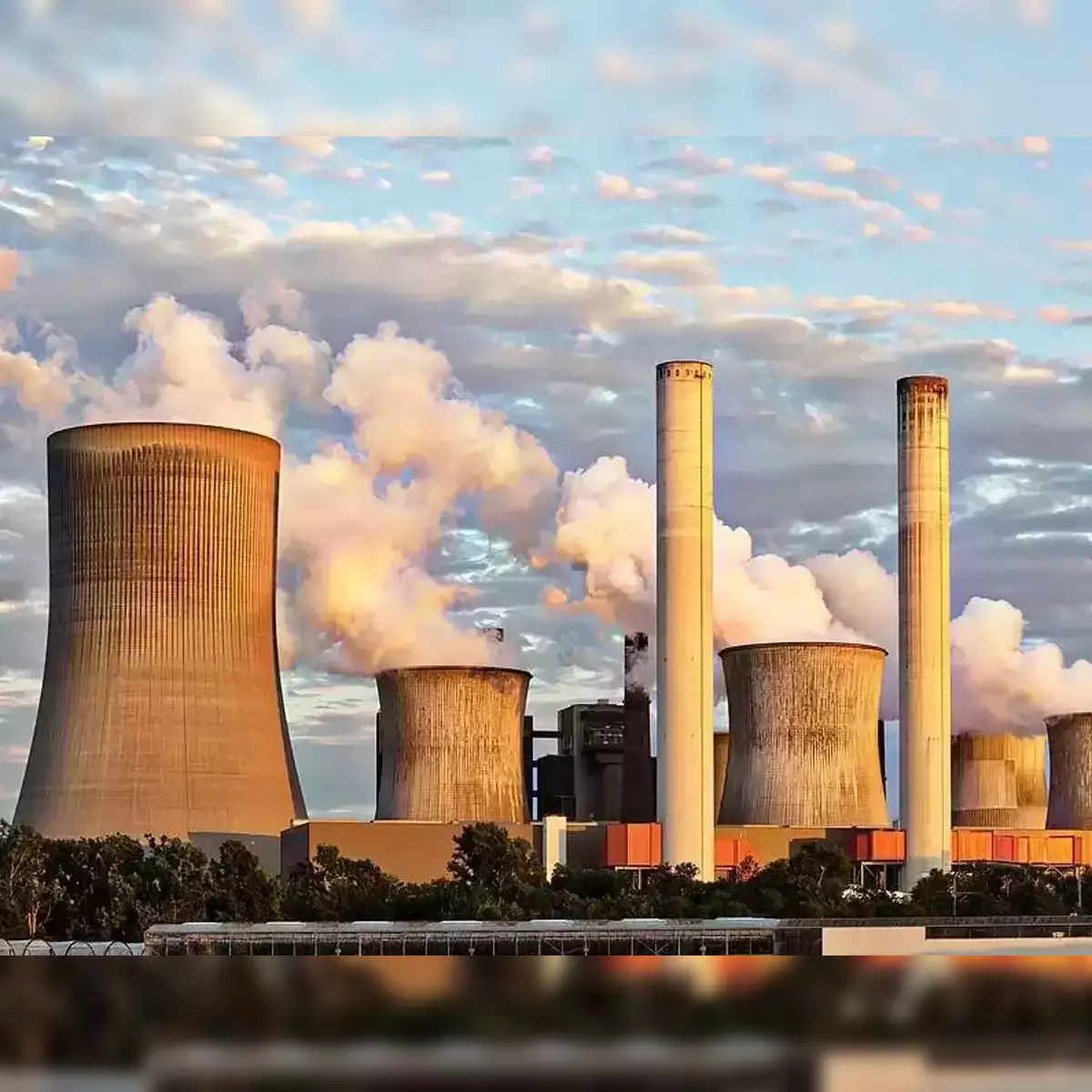
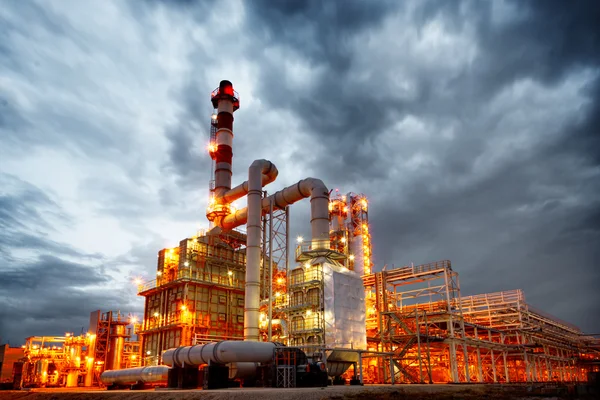
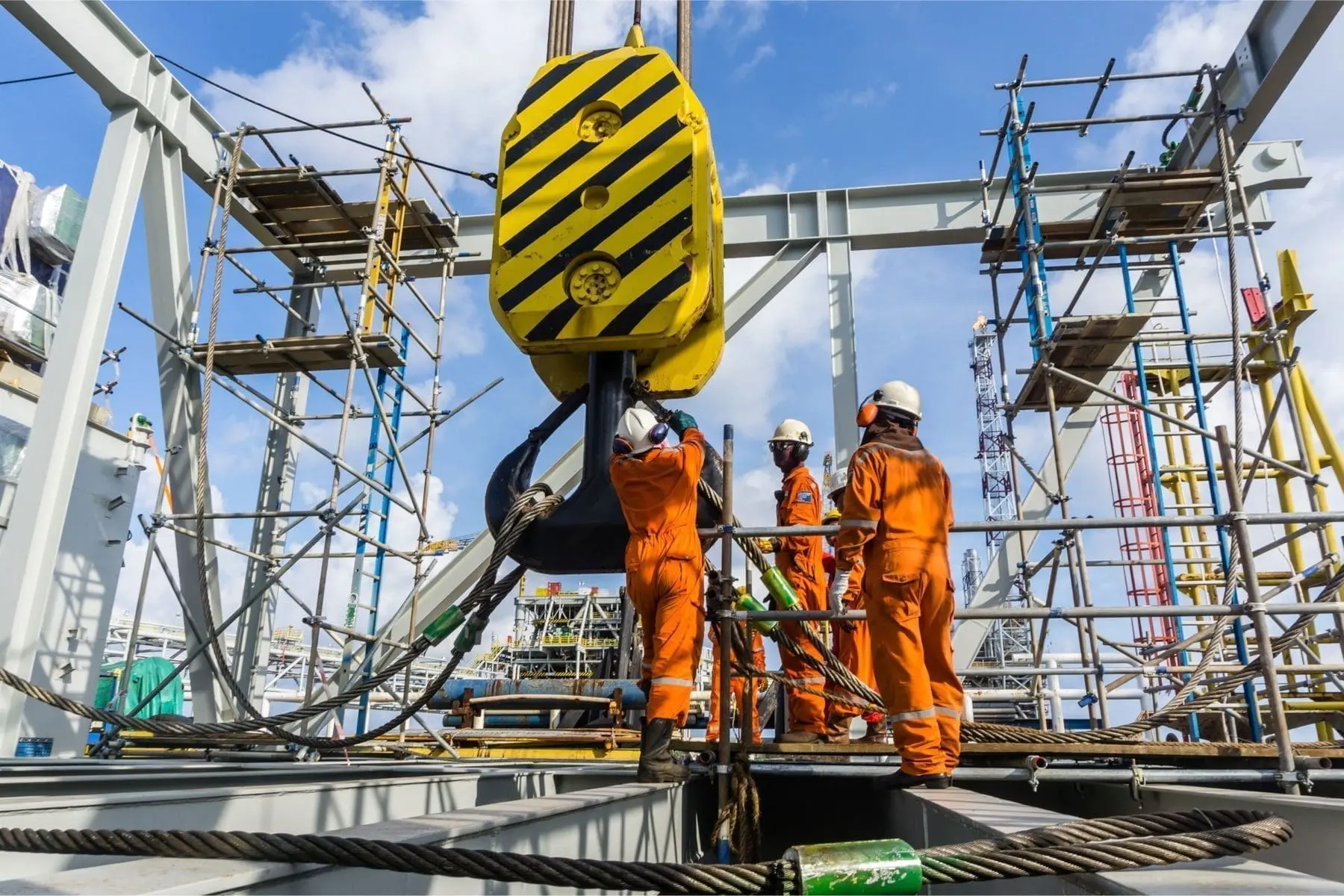

Alloy Steel ERW Pipes Grade Chart
| Grade | Composition (%) | Applications |
| ASTM A335 P5 | C: 0.15 max, Mn: 0.30-0.60, Cr: 4.00-6.00, Mo: 0.45-0.65 | Power Plants, Petrochemical |
| ASTM A335 P9 | C: 0.15 max, Mn: 0.30-0.60, Cr: 8.00-10.00, Mo: 0.90-1.10 | Chemical Processing, Oil and Gas |
| ASTM A335 P11 | C: 0.05-0.15, Mn: 0.30-0.60, Cr: 1.00-1.50, Mo: 0.44-0.65 | Boilers, Heat Exchangers |
| ASTM A335 P22 | C: 0.05-0.15, Mn: 0.30-0.60, Cr: 1.90-2.60, Mo: 0.87-1.13 | Power Plants, Petrochemical |
| ASTM A335 P91 | C: 0.08-0.12, Mn: 0.30-0.60, Cr: 8.00-9.50, Mo: 0.85-1.05 | High-Temperature Applications, Refineries |
Alloy Steel ERW Pipes Schedule Chart
| Schedule | Wall Thickness (inches) | Wall Thickness (mm) |
| SCH 10 | 0.109 | 2.77 |
| SCH 20 | 0.145 | 3.68 |
| SCH 30 | 0.147 | 3.73 |
| SCH 40 | 0.154 | 3.91 |
| SCH 60 | 0.203 | 5.16 |
Exploring Alloy Steel EFW Pipes
Alloy Steel EFW (Electric Fusion Welded) pipes are renowned for their robustness, reliability, and efficiency in handling high-pressure and high-temperature applications. Here’s an in-depth look at Alloy Steel EFW pipes:
Features and Benefits
- High Strength and Durability: Alloy Steel EFW pipes are crafted through electric fusion welding, providing exceptional strength and durability. These pipes are designed to withstand extreme conditions, making them suitable for critical applications.
- Corrosion Resistance: The incorporation of alloying elements like chromium, nickel, and molybdenum enhances the corrosion resistance of EFW pipes. This makes them ideal for use in harsh environments where other materials might fail.
- High Temperature Tolerance: Steel Alloy EFW pipes can maintain their structural integrity and performance even under high temperatures, which is essential for industries such as power generation and petrochemical.
- Uniform Weld Structure: The electric fusion welding process ensures a consistent and uniform weld structure, contributing to the overall reliability and performance of the pipes.
- Wide Range of Sizes and Thicknesses: Available in various sizes and wall thicknesses, AS EFW pipes offer versatility and adaptability to meet diverse industrial requirements.
Applications of EFW Pipes
Alloy Steel EFW pipes are extensively used in various industries due to their superior properties:
- Power Generation: Used in power plants for high-pressure steam lines, boilers, and heat exchangers.
- Oil and Gas: Essential for transporting crude oil, natural gas, and refined products in high-pressure pipelines.
- Petrochemical: Utilized in refineries and chemical plants for conveying chemicals and fluids.
- Construction: Employed in structural applications and for building frameworks in large infrastructure projects.
Advantages of Alloy Steel EFW Pipes
- Enhanced Mechanical Properties: The fusion welding process enhances the mechanical properties of the pipes, making them suitable for demanding applications.
- Consistency and Reliability: The uniform weld structure ensures consistent performance and reduces the likelihood of defects and failures.
- Versatile Applications: Suitable for a wide range of applications due to their ability to handle high pressure and temperature conditions.
- Ease of Fabrication: Alloy Steel EFW pipes can be easily fabricated and customized to meet specific project requirements.
- Long Service Life: Their durability and resistance to corrosion and temperature fluctuations result in a longer service life, providing cost-efficiency over time.
Alloy Steel EFW Pipes Grade Chart
| Grade | Composition (%) | Applications |
| ASTM A335 P5 | C: 0.15 max, Mn: 0.30-0.60, Cr: 4.00-6.00, Mo: 0.45-0.65 | High-Pressure Steam Pipes, Power Plants |
| ASTM A335 P9 | C: 0.15 max, Mn: 0.30-0.60, Cr: 8.00-10.00, Mo: 0.90-1.10 | Oil and Gas Pipelines, Refineries |
| ASTM A335 P11 | C: 0.05-0.15, Mn: 0.30-0.60, Cr: 1.00-1.50, Mo: 0.44-0.65 | Chemical Processing, Heat Exchangers |
| ASTM A335 P22 | C: 0.05-0.15, Mn: 0.30-0.60, Cr: 1.90-2.60, Mo: 0.87-1.13 | Power Generation, Petrochemical |
| ASTM A335 P91 | C: 0.08-0.12, Mn: 0.30-0.60, Cr: 8.00-9.50, Mo: 0.85-1.05 | High-Temperature Applications, Boilers |
Alloy Steel EFW Pipes Schedule Chart
| Schedule | Wall Thickness (NPS 2″) | Wall Thickness (NPS 4″) |
| SCH 10 | 2.77 mm | 3.56 mm |
| SCH 20 | 2.87 mm | 4.78 mm |
| SCH 30 | 3.91 mm | 5.56 mm |
| SCH 40 | 4.78 mm | 6.35 mm |
| SCH 80 | 7.01 mm | 8.56 mm |
| SCH 160 | 10.97 mm | 13.49 mm |
Exploring Alloy Steel SAW Pipes
AS SAW (Submerged Arc Welded) pipes are renowned for their superior quality, strength, and durability. These pipes are extensively used in industries that demand high performance and reliability. Here’s an in-depth look at Steel Alloy SAW pipes:
Characteristics and Benefits
- High Strength and Durability: Alloy Steel SAW pipes are manufactured using a submerged arc welding process, which produces strong, durable welds capable of withstanding high pressures and stresses.
- Superior Weld Quality: The SAW process results in high-quality welds with deep penetration and minimal defects, ensuring the integrity and reliability of the pipes.
- Corrosion Resistance: The alloying elements such as chromium, nickel, and molybdenum enhance the corrosion resistance of SAW pipes, making them suitable for harsh environments.
- Consistency and Reliability: The automated nature of the SAW process ensures consistent weld quality and reduces the risk of human error, leading to highly reliable pipes.
- Wide Range of Sizes: SAW pipes are available in a broad range of diameters and wall thicknesses, offering versatility for various industrial applications.
Applications
Alloy Steel SAW pipes are used in a variety of critical applications across multiple industries:
- Oil and Gas: Used for pipelines that transport oil, gas, and other fluids over long distances, both onshore and offshore.
- Petrochemical: Essential in refineries and chemical plants for conveying chemicals and fluids under high pressure and temperature conditions.
- Power Generation: Used in power plants for steam lines, boiler tubes, and heat exchangers.
- Infrastructure and Construction: Utilized in large-scale construction projects, including bridges, dams, and industrial buildings.
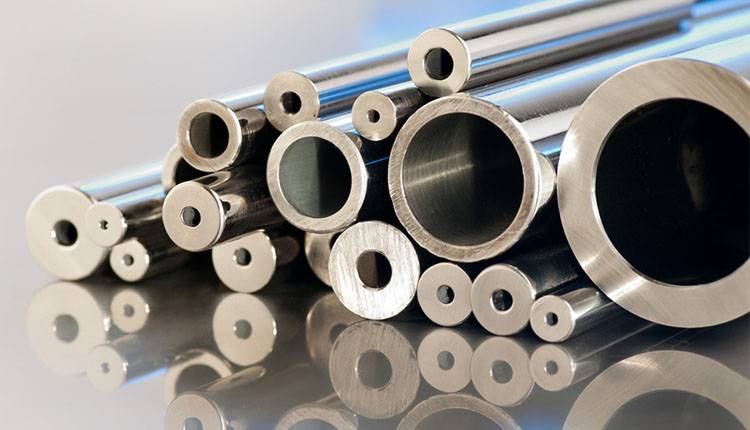
Advantages of Alloy Steel SAW Pipes
- High Structural Integrity: The SAW process provides excellent structural integrity, making these pipes ideal for high-stress applications.
- Cost-Effective: Despite their high quality, SAW pipes are cost-effective due to the efficiency of the submerged arc welding process.
- Enhanced Performance: The combination of high strength, durability, and corrosion resistance ensures superior performance in demanding environments.
- Flexibility: Suitable for a wide range of applications due to their availability in various sizes and specifications.
- Long Service Life: The robust construction and resistance to environmental factors result in a long service life, reducing the need for frequent replacements.
Alloy Steel SAW Pipes Grade Chart
| Grade | Composition (%) | Applications |
| ASTM A335 P5 | C: 0.15 max, Mn: 0.30-0.60, Cr: 4.00-6.00, Mo: 0.45-0.65 | High-Pressure Pipelines, Power Plants |
| ASTM A335 P9 | C: 0.15 max, Mn: 0.30-0.60, Cr: 8.00-10.00, Mo: 0.90-1.10 | Oil and Gas Pipelines, Refineries |
| ASTM A335 P11 | C: 0.05-0.15, Mn: 0.30-0.60, Cr: 1.00-1.50, Mo: 0.44-0.65 | Chemical Processing, Heat Exchangers |
| ASTM A335 P22 | C: 0.05-0.15, Mn: 0.30-0.60, Cr: 1.90-2.60, Mo: 0.87-1.13 | Power Generation, Petrochemical |
| ASTM A335 P91 | C: 0.08-0.12, Mn: 0.30-0.60, Cr: 8.00-9.50, Mo: 0.85-1.05 | High-Temperature Applications, Boilers |
Alloy Steel SAW Pipes Schedule Chart
| Schedule | Wall Thickness (NPS 2″) | Wall Thickness (NPS 4″) |
| SCH 10 | 2.77 mm | 3.56 mm |
| SCH 20 | 2.87 mm | 4.78 mm |
| SCH 30 | 3.91 mm | 5.56 mm |
| SCH 40 | 4.78 mm | 6.35 mm |
| SCH 80 | 7.01 mm | 8.56 mm |
| SCH 160 | 10.97 mm | 13.49 mm |
Exploring Alloy Steel Spiral Welded Pipes
Alloy Steel Spiral Welded pipes are distinguished by their spiral seam, which is created through a helical welding process. This unique manufacturing technique imparts distinct advantages to the pipes, making them suitable for various demanding applications. Here’s an in-depth look at Steel Alloy Spiral Welded pipes:
Characteristics and Benefits
- Enhanced Strength and Flexibility: The spiral welding process produces pipes with high strength and flexibility. The helical seam provides better distribution of stress across the pipe, enhancing its load-bearing capacity.
- High-Quality Welds: The continuous welding process ensures consistent and high-quality welds, resulting in pipes with excellent structural integrity.
- Corrosion Resistance: The addition of alloying elements like chromium, nickel, and molybdenum enhances the corrosion resistance of the pipes, making them suitable for harsh environments.
- Large Diameter Capabilities: Spiral welded pipes can be manufactured in larger diameters compared to other types of welded pipes, making them ideal for large-scale industrial projects.
- Cost-Effective Production: The manufacturing process of spiral welded pipes is efficient and cost-effective, allowing for the production of high-quality pipes at competitive prices.
Applications
Alloy Steel Spiral Welded pipes are widely used in various industries due to their superior properties:
- Oil and Gas Transportation: Used for pipelines that transport oil, gas, and other fluids over long distances, both onshore and offshore.
- Water Supply Systems: Essential for large-scale water distribution systems, including municipal and industrial water supply networks.
- Structural Applications: Employed in construction projects for structural support, including bridges, towers, and buildings.
- Chemical Processing: Utilized in refineries and chemical plants for conveying chemicals and fluids under high pressure and temperature conditions.
Advantages of Alloy Steel Spiral Welded Pipes
- High Load-Bearing Capacity: The helical seam structure provides superior load-bearing capacity, making these pipes ideal for heavy-duty applications.
- Consistency and Reliability: The continuous welding process ensures consistent quality and reduces the likelihood of defects, leading to highly reliable pipes.
- Versatility: Suitable for a wide range of applications due to their availability in various sizes and specifications.
- Long Service Life: The robust construction and resistance to environmental factors result in a long service life, reducing the need for frequent replacements.
- Cost Efficiency: Despite their high quality, spiral welded pipes are cost-effective due to the efficiency of the manufacturing process.
Alloy Steel Spiral Welded Pipes Grade Chart
| Grade | Composition (%) | Applications |
| ASTM A252 | C: 0.26 max, Mn: 1.60 max, P: 0.050 max, S: 0.045 max | Structural Support, Piling |
| ASTM A139 | C: 0.25 max, Mn: 0.95 max, P: 0.035 max, S: 0.035 max | Water and Gas Transportation |
| ASTM A211 | C: 0.18-0.23, Mn: 0.70-1.00, P: 0.035 max, S: 0.035 max | High-Pressure Pipelines |
| ASTM A671 | Varies by grade; typically includes Cr, Ni, Mo | High-Temperature Applications, Chemical Processing |
| API 5L | C: 0.22 max, Mn: 1.20 max, P: 0.025 max, S: 0.015 max | Oil and Gas Pipelines |
Alloy Steel Spiral Welded Pipes Schedule Chart
| Schedule | Wall Thickness (NPS 2″) | Wall Thickness (NPS 4″) |
| SCH 10 | 2.77 mm | 3.56 mm |
| SCH 20 | 2.87 mm | 4.78 mm |
| SCH 30 | 3.91 mm | 5.56 mm |
| SCH 40 | 4.78 mm | 6.35 mm |
| SCH 80 | 7.01 mm | 8.56 mm |
| SCH 160 | 10.97 mm | 13.49 mm |
Global Reach
Amardeep Steel Centre boasts a robust global presence, committed to delivering unparalleled service and quality to clients around the world. Our dedication to prompt delivery and exceptional customer care sets us apart in the industry. Major corporations across the USA, Europe, Asia, and other regions place their trust in our high-quality alloy seamless steel pipes. This widespread trust underscores our reputation for reliability and excellence. By consistently meeting and exceeding the expectations of our international clientele, we continue to solidify our position as a leader in the global steel market.
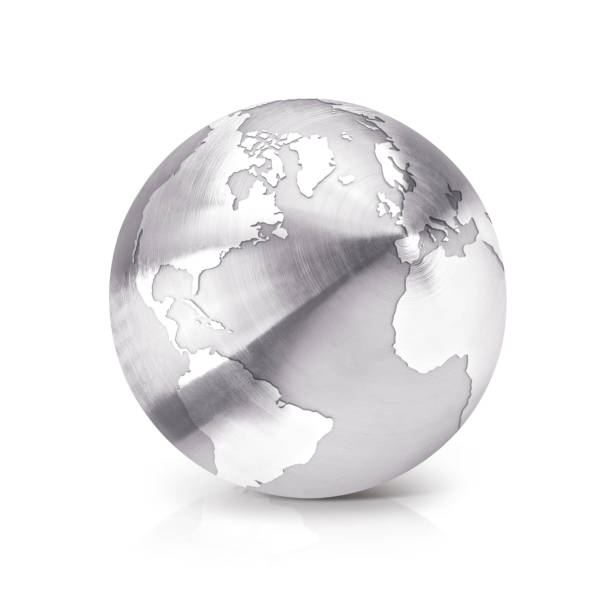
Countries We Export To
UNITED STATES, EUROPE, UK, UAE, SAUDI ARABIA, OMAN, KUWAIT, JORDAN, QATAR, INDONESIA, MALAYSIA, BRAZIL, SPAIN, ITALY, FRANCE, GERMANY, BAHRAIN, SRI LANKA, AZERBAIJAN, AUSTRALIA, AUSTRIA, PHILIPPINES, TURKEY, RUSSIA, IRAN, IRAQ, CANADA, KOREA, JAPAN, YEMEN, FINLAND, ZIMBABWE, HUNGARY, PORTUGAL, VIETNAM, MOROCCO, THAILAND, SOUTH AFRICA, MEXICO, SINGAPORE, GREECE, KUWAIT, POLAND, NEW ZEALAND, SWEDEN, SWITZERLAND, BELGIUM, BHUTAN, BANGLADESH, TAIWAN, ROMANIA, CAMBODIA, KAZAKHSTAN, AFGHANISTAN.


